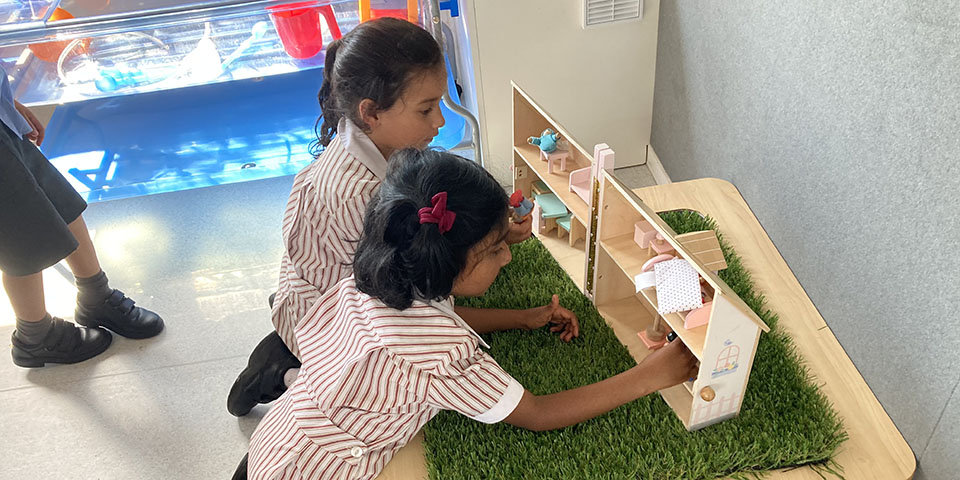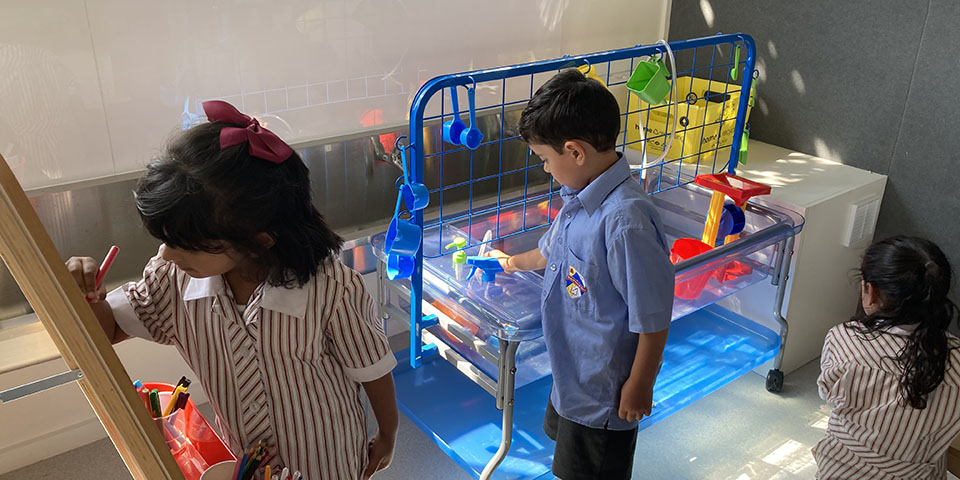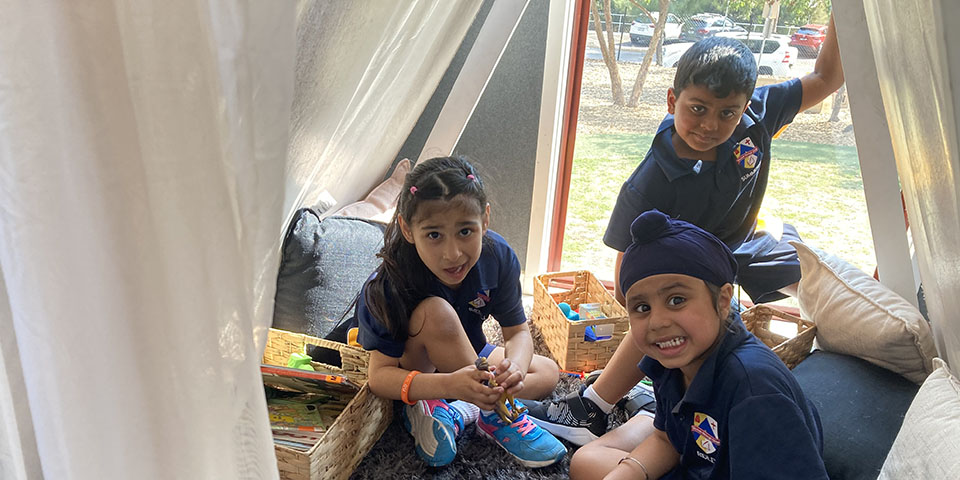The Prep - Year 2 teachers at our Mt Ridley campus, have been reflecting on the importance of Developmental Play in our school. We believe that, learning through play is one of the most important ways children learn and develop. Play is vital for the development of the brain and helps to build children’s communication skills, to understand their place in the world and to explore their feelings. Play also builds self-worth and resilience.
As a parent, you may have realised that you don’t generally have to make children play. This is because children seem to have a natural urge to play and playing brings a level of pleasure and interest which means it can be maintained without external rewards.
Even though children generally don’t differentiate between learning and playing, there are different types of play, which offer a variety of learning opportunities. From physically active play like running and climbing, quiet play like reading or looking at books and co-operative play involving games with others to constructive play using fine motor skills like doing puzzles to dramatic and fantasy play, painting and dress-ups, there is no doubt that children learn different things from different types of play.
Essentially, play is one of the most important ways that children learn about life and about themselves. It helps them develop vital skills which set them up for life. As parents and teachers we can influence the way that children learn and interact with others by understanding the importance of play.
For example, when children are playing games where rules are involved (regardless of whether the rules are pre-set or are developed as the game goes along), they learn how to play by the rules, they learn how to handle situations (and themselves) when they don’t agree with the rules and they learn how to take turns. The development of social skills is crucial and through play, children can learn how to interact with others, co-operate, negotiate, share and manage their emotions. They learn how to use their imaginations and make sense of the world.
Children are encouraged to learn through listening, touching and observation activities and are always encouraged to explore and discover, have opinions, negotiate and provide suggestions in order to reach their full potential.
We have read various articles and had many discussions about Developmental Play and it has been very evident that aplay learning environment encourages talking, reading, thinking and writing. Through this, your child sees literacy and numeracy as part of their everyday experience. They see themselves as communicators, readers, writers and thinkers. They make predictions and generalisations about their world and experiment to find out why things happen. Play-based learning involves careful decisions and support from teachers, so children grow to accept responsibility for their learning while still receiving purposeful guidance and feedback. It promotes important opportunities for your child to understand how to learn, develop critical thinking skills, adapt to change, and work independently.
The skills children learn through play equip them to engage with academic learning. When children start to develop these skills, research shows they are better able to cope with the demands of formal learning and thrive later on in school.
Play along with your child and you will be amazed at what you can learn together!
Pina Pikos - Assistant Head of Student Wellbeing P - 2 (Mt Ridley)





